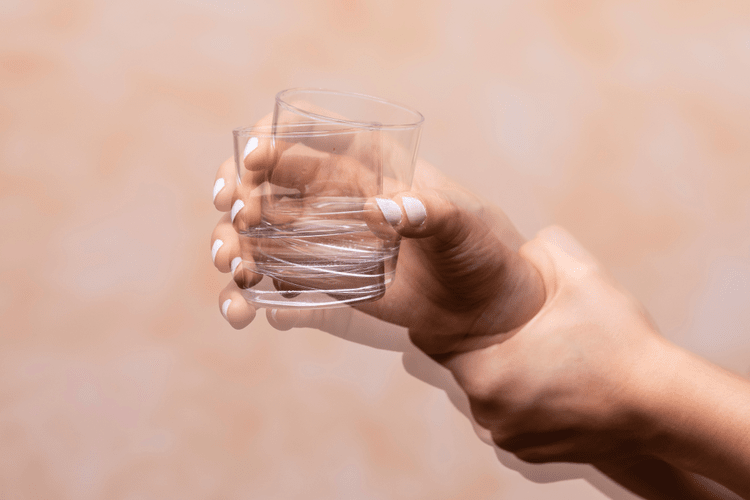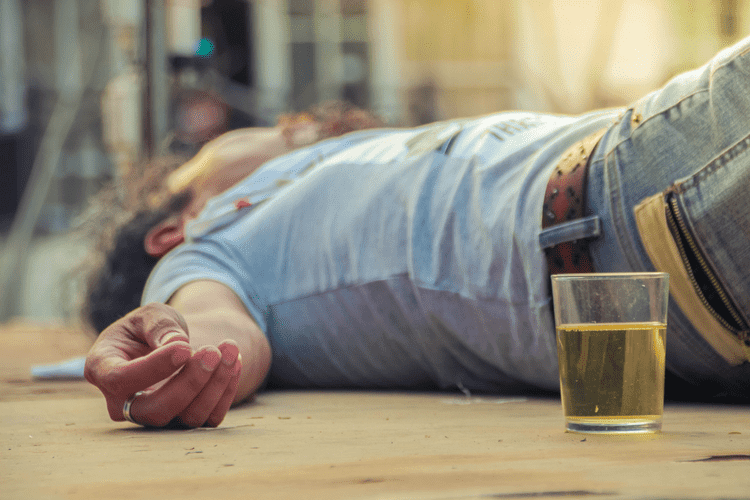Yes, regular binge drinking can increase the risk of developing alcohol dependency, a serious condition characterized by a strong craving for alcohol, loss of control over its use, and continued drinking despite adverse consequences. Alcohol dependency involves physical and psychological elements and can significantly impact an individual’s quality of life and health. People binge drink for reasons like needing to self-medicate, celebrating an event, conforming to peer pressure, seeking novelty, alleviating social anxiety, and/or attempting to kill boredom or loneliness. Alcohol produces feelings of euphoria, so individuals are known to self-medicate negative emotions like stress, anxiety, and depression using alcohol. For instance, individuals binge drink to unwind after a hard day at work or to deal with the grief and emotional turbulence of stressful life events like the death of a loved one or the ending of a close, intimate relationship. Individuals who are feeling lonely or bored because they lack a meaningful pursuit in life turn to alcohol to fill the void.
Alcohol Use Disorder
- Learning how to live a life without alcohol and drugs can be difficult, but it’s possible and it’s rewarding.
- If you are prepared to get professional treatment for binge drinking, we can discuss your options and arrange for you to be referred.
- Rather than chug your beer or mixed drink, take time to hold it in your mouth and appreciate its taste.
- By planning ahead, you’ll be much more likely to exercise restraint.
If you’re having a hard time shifting your focus from internal to external, consider the quality of your inner self-talk. The truth is other people are usually far less focused on you than you believe. Therefore, drinking more water won’t necessarily protect you from a hangover the next day. The only sure way to reduce or avoid a hangover is to drink less alcohol.

What are the Short-term Health Effects of Binge Drinking?
If you have concerns about your own or someone else’s drinking, consulting a medical professional and discussing your drinking pattern is a good first step. Remember, personal responsibility and self-awareness are key when it comes to Drug rehabilitation stopping and preventing binge drinking. By taking control of your choices and seeking support when needed, you can make positive changes in your relationship with alcohol and prioritize your health and well-being. Be mindful of social pressures and learn to say no if you’re uncomfortable with the level of alcohol consumption around you.
Behavioral Signs:
- Among those who reported binge drinking, frequent binge drinkers had a total cholesterol level up to 10.1 mg/dL higher than non-binge drinkers.
- If you have a teenager and are concerned about their drinking, know that you are not alone.
- Some binge drinkers only drink once a week; others even less frequently.
- On the other hand, excessive stress or worry about academics could prompt some students to engage in risky behaviors like alcohol use as a form of stress release.
- It should not be used in place of the advice of your physician or other qualified healthcare provider.
However, other statistics tell us that around 23% of men and 15% of women in the UK drink more than the daily recommended limit of alcohol (5). Evidently, daily drinking is a nationwide issue that is closely linked to binge drinking. As alcohol is a legal substance in the UK, it is much easier to access than most drugs.
The long-term effects of binge drinking are the development of alcohol use disorder, heart and/or liver diseases, strokes, high blood pressure, and cancer. Young adults who binge drink experience lingering cognitive deficits. The prevalence of adolescent binge https://test.zeykaconstruction.com/2020/10/30/alcohol-and-migraines-can-drinking-trigger-a-2/ drinking in the United States also differs by race/ethnicity (see Figure 1).

How to help someone who binge drinks
Insufficient knowledge about the risks and consequences of excessive alcohol consumption can contribute to binge drinking. Lack of awareness regarding responsible drinking guidelines, alcohol’s effects on the body and mind, and the development how to avoid binge drinking of alcohol use disorders may lead individuals to engage in binge drinking without fully understanding the potential harm. In the US, both binge drinking and heavy drinking (binge drinking at least 5 times in the last 30 days 1 ) peak at age 21 2 . Additional research is needed to better recognize the differential effects of binge, chronic, and binge-on-chronic patterns of alcohol consumption. Animal models that reflect these patterns of alcohol exposure are needed. In addition, greater effort toward documenting a history of alcohol consumption, including the frequency, quantity, and quality of alcoholic beverages consumed, should help us better understand the effects of binge drinking on biological systems.

Adolescent Binge Drinking
- Evidently, daily drinking is a nationwide issue that is closely linked to binge drinking.
- We do not know how the specific context of this increased drinking; some people may be binge drinking every weekend, and others may have started drinking a few times a week after being tee-total.
- An AlcoSensor-4 (Intoximeters, Inc, St. Louis, MO) was used for breath-testing.
- The reward circuitry of the brain is activated, which reinforces the drinking behavior and motivates repeat use.
- Excessive alcohol use can have both immediate and long term affects on your health.
However, these risks increase significantly when someone is binge drinking. How quickly a person’s body absorbs alcohol may depend on their sex, age, and body size. But it typically takes four or more standard drinks for women and five or more standard drinks for men to reach a BAC of 0.08% during a 2-hour binge drinking period. One of the most immediate dangers of binge drinking is that it can severely impair your judgment and put you at increased risk of immediate harm.



